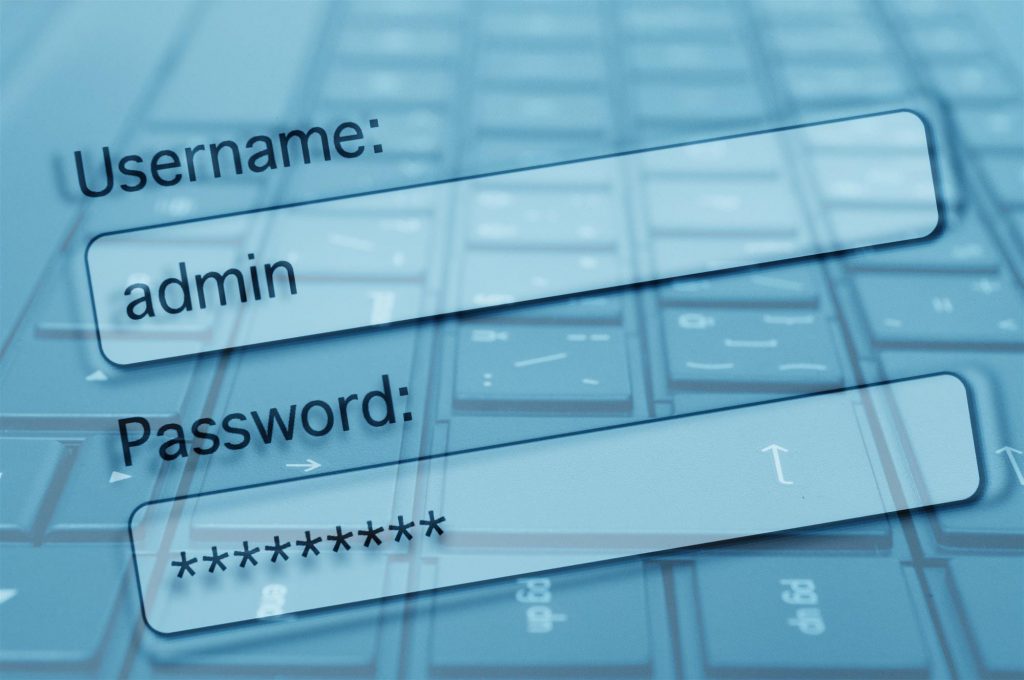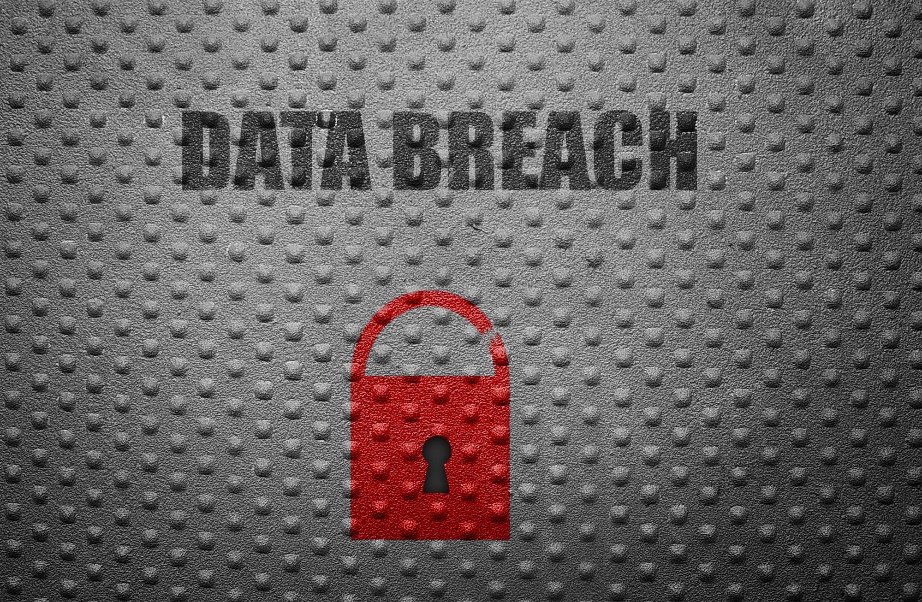Is your first pet’s name putting your computer at risk? Security questions are a very valuable tool for protecting data and preventing unauthorized access to electronic devices, but they can also be a giant hole in an organization’s security plans. In order to make sure your security question passwords are really protecting you, be sure to follow these tips:

- Avoid using easily verifiable information – In the age of Facebook and Twitter, it’s easy to find out lots of information on just about anyone. Some of the most commonly used security question answers – “What is your mother’s maiden name?” “What’s your favorite sports team?” “What high school did you attend?” – can be figured out by spending five minutes looking at someone’s social media profile.
- Make up an answer – One way to avoid using an easily researched piece of information as the answer to a security question is to make up an answer that isn’t true. Since security questions are meant for your protection and personal use, there’s no rule that you have to give a truthful answer to them. As long as your answer is something you’ll remember, the password you create for your security questions can be anything.
- Don’t reuse security question answers – Another common mistake people make is to use the same security question (and answer) for multiple devices. While this does make things easier to remember, it also means that figuring out the password to one device gives someone access to all of that person’s devices.
CyberlinkASP specializes in desktop virtualization and remote desktop services for businesses. Contact us today at 972-262-5200.







